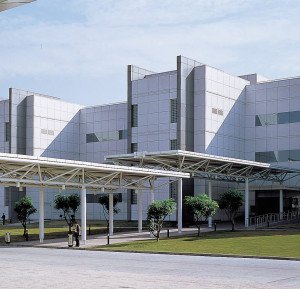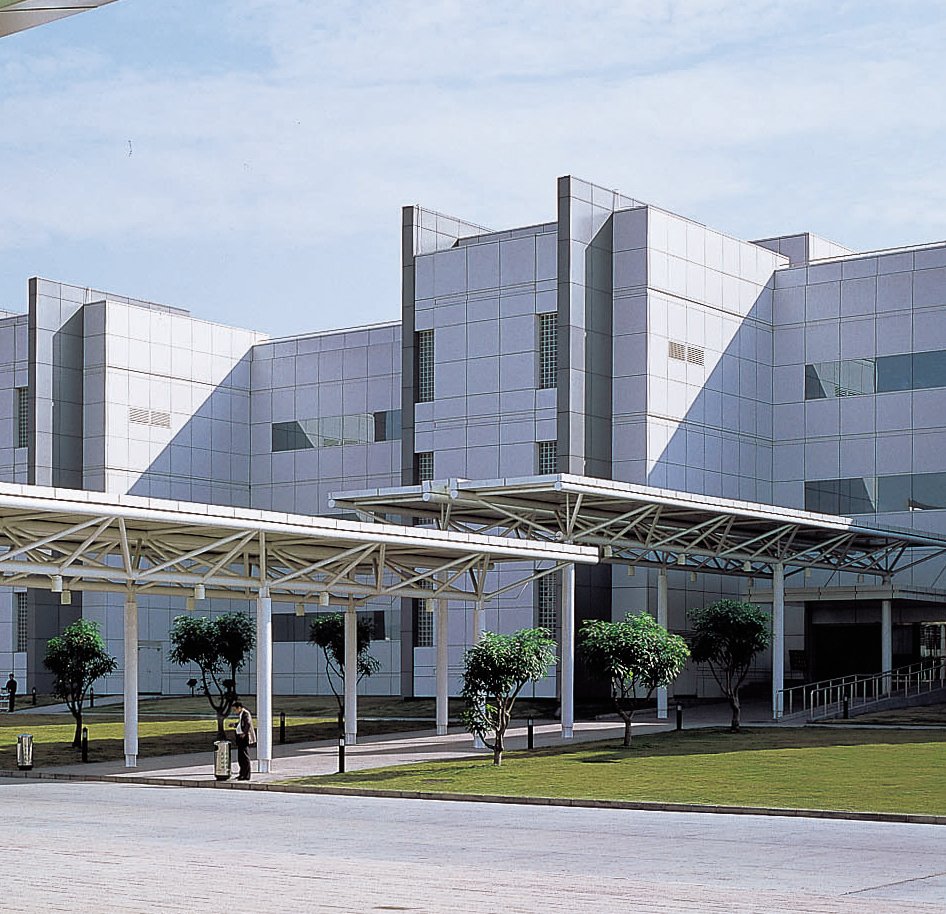Chinese telecom giant Huawei has said it plans to increase its local human resources in South Africa by 50% in five years.

A statement from the company said, “Huawei places great emphasis on localization, and as December 31, 2014 there are 1,028 employees in South Africa, over 60% of whom are local. In the next five years, Huawei will further localize its workforce, increasing local staff by 50%. As a responsible enterprise, each year Huawei provides technical and operational training to small ICT enterprises in South Africa, nurturing local talent and driving development of the country’s ICT industry.”
This revelation came in the wake of a recent meeting between the Huawei’ Senior Vice President Dafeng Li and the Secretary General of the African National Congress, Gwede Mantashe.
The latter had visited Huawei headquarters today for talks with Dafeng Li on deepening cooperation in building out South Africa’s national telecommunications network and ICT infrastructure.
Mantashe said, “We appreciate the continued investment in South Africa by a leading high-tech enterprise such as Huawei, and we welcome Huawei’s help in upgrading national telecommunications network coverage, digitizing government and the public sector, and fostering creative ICT talent for South Africa.”
On his part, Dafeng Li said, “We appreciate the Sectary General’s acknowledgement of Huawei’s past contributions to South Africa. His vision of cultivating more creative ICT talent is forward-looking and ambitious. We will respond actively to his call by working hard to implement a South African National Broadband and National Data Center and continue to foster ICT talents in South Africa. ”
As a leading global ICT solutions provider, Huawei has done business in South Africa for over 15 years and is currently one of the country’s main providers of telecommunications equipment.
Huawei cooperates widely with local telecommunications operators, private enterprises, and the government, and has become a key strategic partner in developing a digital society in South Africa.












